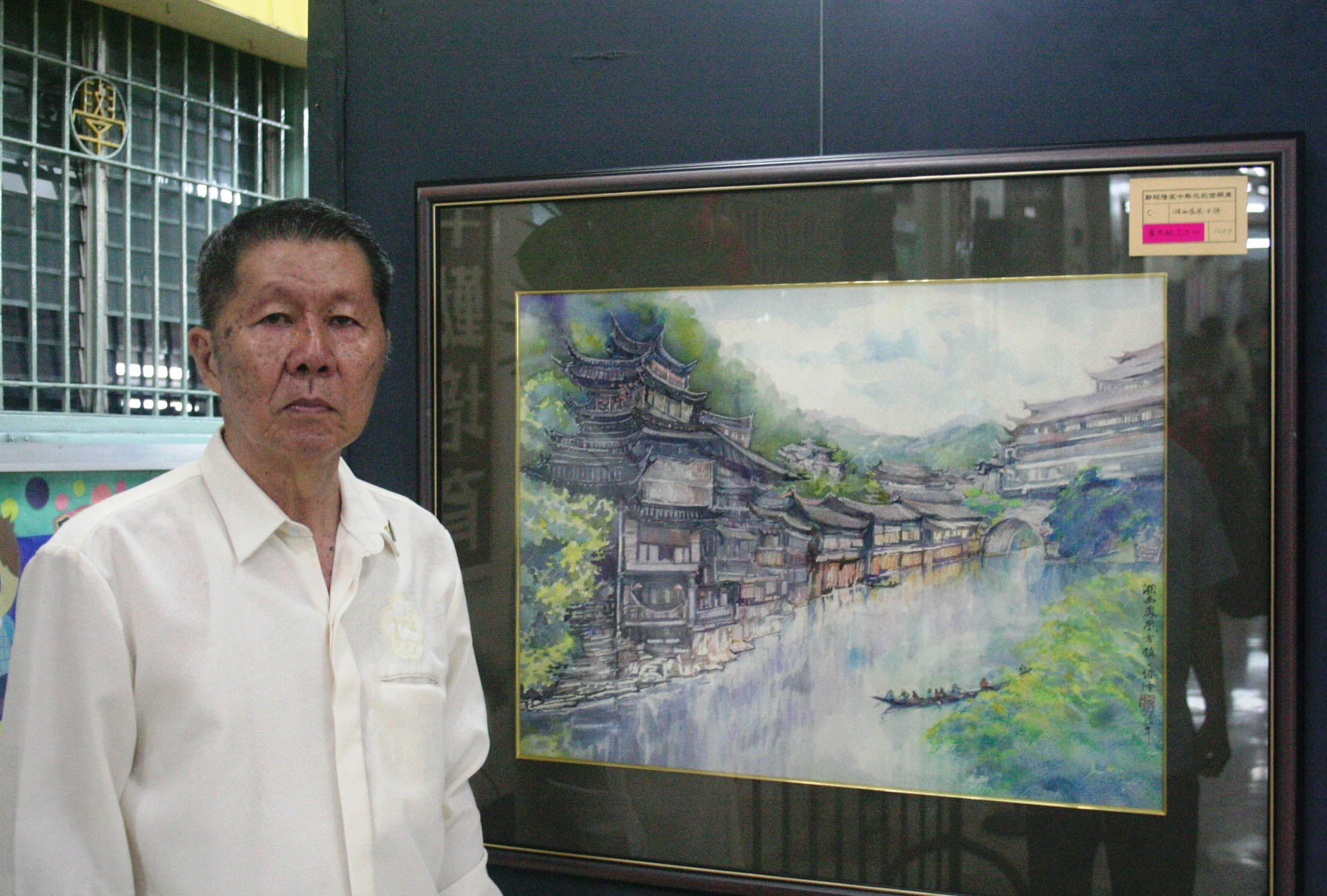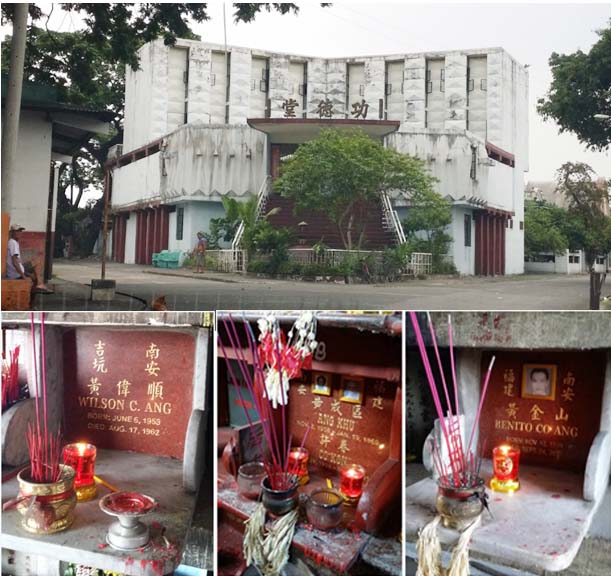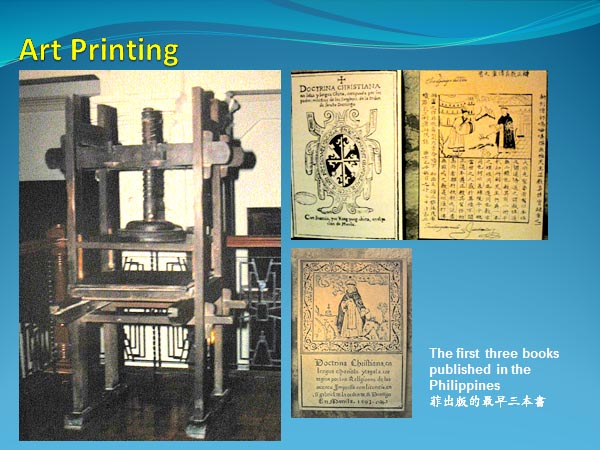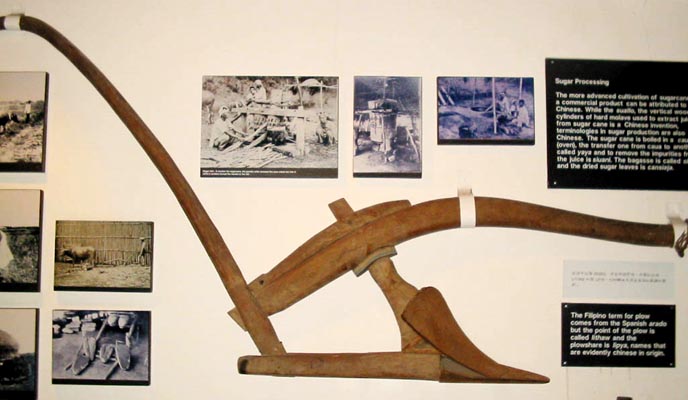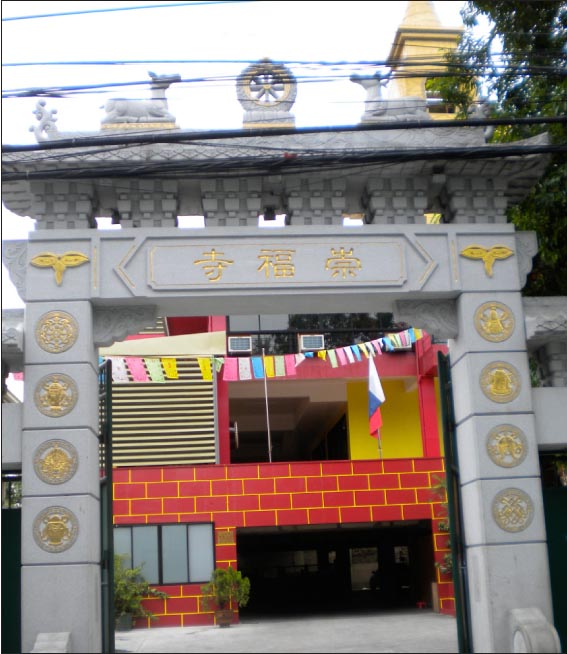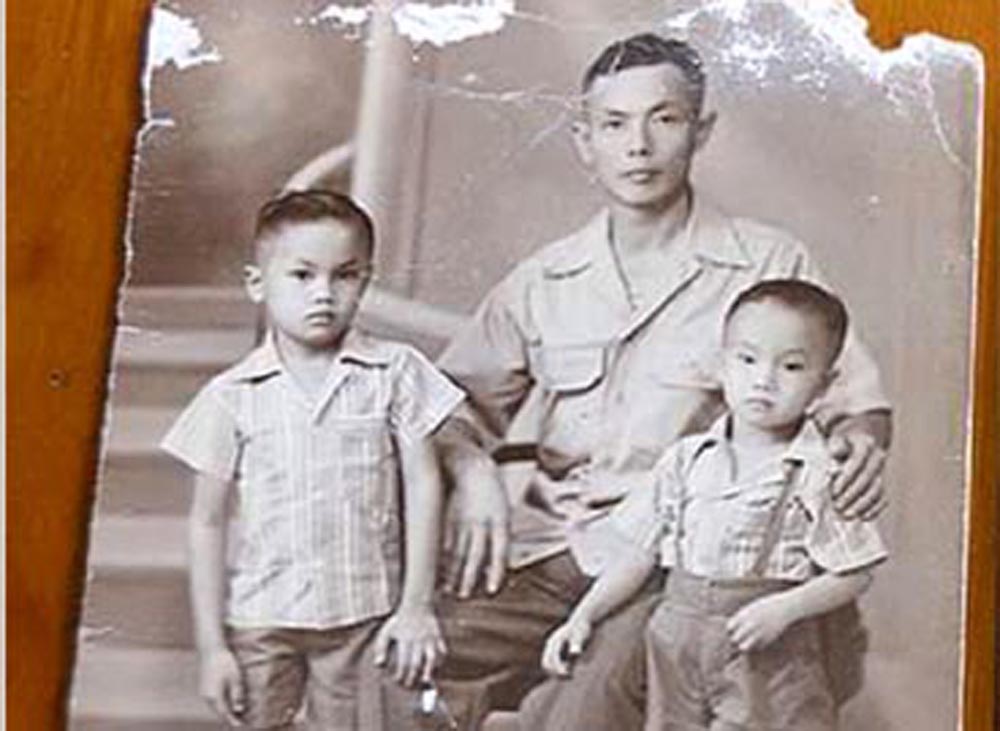First published in Tulay, Monthly Chinese-Filipino Digest 1, no. 7 (December 11, 1988): 8. It’s Christmas, an occasion to remember the birth of Jesus Christ, the Nazarene. We chose for our cover this issue the picture of a little-known black Nazarene, who is worshiped mostly by Chinese in a mixture of Chinese and Catholic rites. […]

